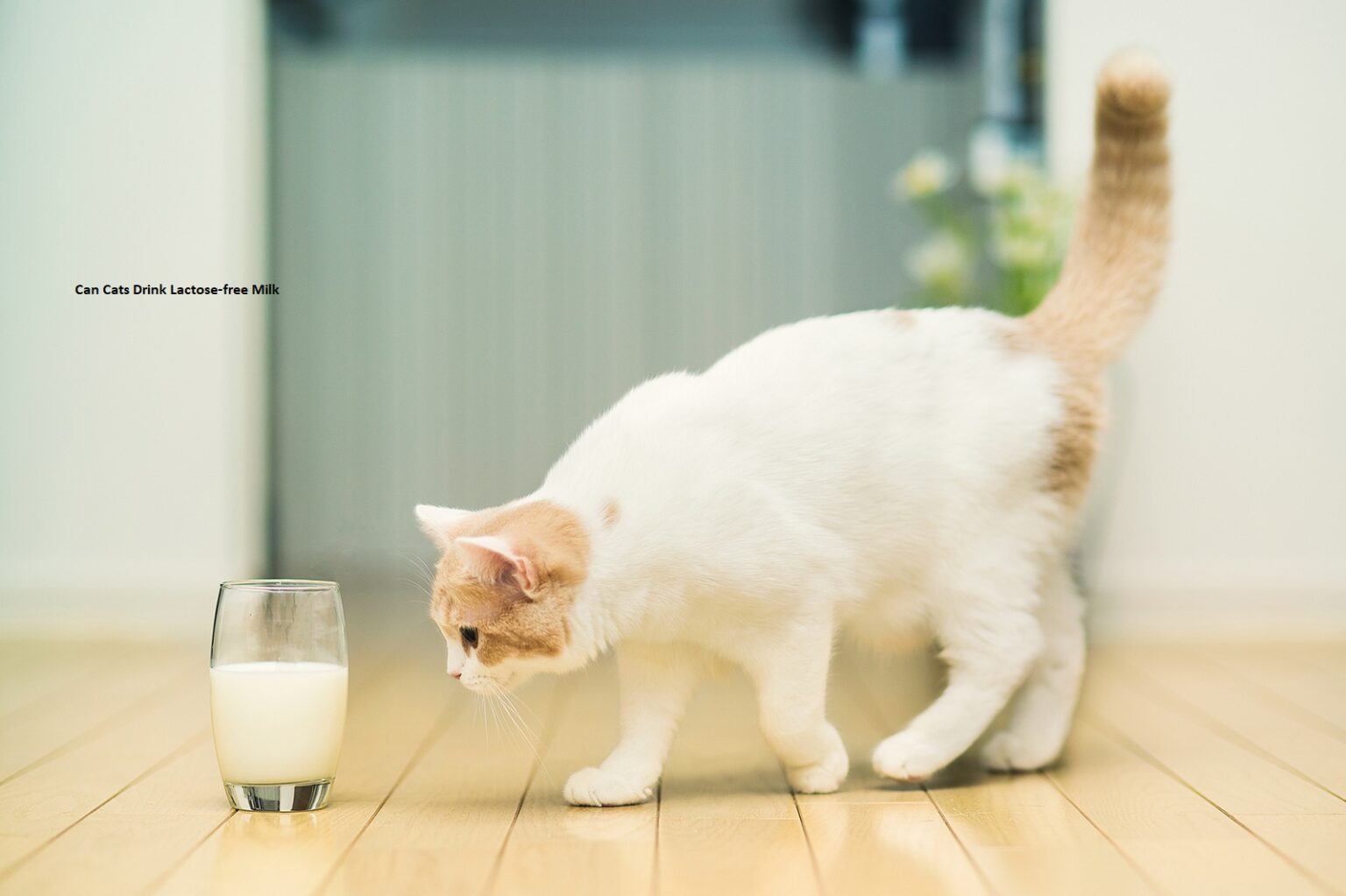Introduction
Cats are inquisitive animals with unique nutritional needs, and there has been discussion among pet owners regarding how they relate to dairy products. Despite the fact that cats are known to enjoy milk, it’s a frequent misperception that they can safely consume Can Cats Drink Lactose-free Milk ordinary cow’s milk. The question of whether cats can consume lactose-free milk will be discussed in this article, along with some advantages and possible disadvantages.
Understanding Lactose Intolerance in Cats
Firstly, it’s important to recognize that a large number of cats are lactose intolerant. This indicates that they are deficient in the enzyme lactase, which is required to digest lactose, a sugar present in whole milk. Therefore, regular milk consumption in cats may result in digestive problems such upset stomach, diarrhea, and gas.
Is Lactose-Free Milk Safe for Cats
As the name implies, lactose-free milk is free of lactose. For cats, this makes it a safer option. It’s crucial to remember that while lactose-free milk is usually regarded as safe, certain cats may experience different reactions. As some cats may still be sensitive to milk proteins, it’s important to watch how your cat responds to any new foods or beverages you add to their diet.
Benefits of Lactose-Free Milk for Cats
For cats who are able to handle it, lactose-free milk may have certain advantages. Since cats frequently don’t drink a lot of regular water, it can be a smart Can Can Cats Drink Lactose-free Milk Cats Drink Lactose-free Milk way to stay hydrated. It also offers a supply of calcium and other necessary elements.
Choosing the Right Lactose-Free Milk
Make sure the lactose-free milk you choose for your cat doesn’t include any artificial sweeteners or additives. Choose lactose-free, basic, unsweetened milk. Make sure to always read the label to identify any substances that could be dangerous for your cat.
How to Introduce Lactose-Free Milk to Your Cat
Give your cat lactose-free milk sparingly if you choose to do so. Start with a tiny quantity and see how they respond. You can keep giving it to them as a treat on occasion if you gradually incorporate it into their diet and they don’t exhibit any negative effects.
Can Cats Drink Lactose-free Milk and Moderation is Key
For cats, lactose-free milk is safer than ordinary milk, but it should only be used sparingly. Any new food or beverage consumed in excess can upset your cat’s tummy. A small indulgence every now and again is plenty.
Homemade Lactose-Free Milk for Cats
Even at home, you can produce Can Cats Drink Lactose-free Milk lactose-free milk for your cat. For your pet, lactose-free milk is a gentler option; just dilute it slightly with water.
Alternative Dairy Products for Cats
Cats can safely consume dairy products other than lactose-free milk. Small amounts of cheese or plain yogurt may also be tolerated by certain cats. Once more, begin with a modest amount and observe their response.
Signs of Lactose Intolerance in Cats
Watch for indications that your cat may Can Cats Drink Lactose-free Milk not be able to digest lactose. Gas, vomiting, diarrhea, and upset stomach are typical symptoms. Should your feline display any of these indicators, stop giving it milk and seek advice from your veterinarian.
Conclusion
In conclusion, if cats are not lactose intolerant, lactose-free milk can be a safe and fun treat. But moderation is the key, and you must keep an eye on your Can Cats Drink Lactose-free Milk cat’s response. If you are worried about your cat’s nutrition or overall health, always get advice from your veterinarian.
FAQs.
Can all cats drink lactose-free milk?
No, some cats may still be sensitive to the proteins in milk, even if it’s lactose-free. Always introduce it in moderation.
How often can I give my cat lactose-free milk?
A small treat occasionally is sufficient. Don’t make it a regular part of their diet.
Can I give my kitten lactose-free milk?
Kittens have different dietary requirements, and it’s best to consult with a veterinarian regarding their milk consumption.


